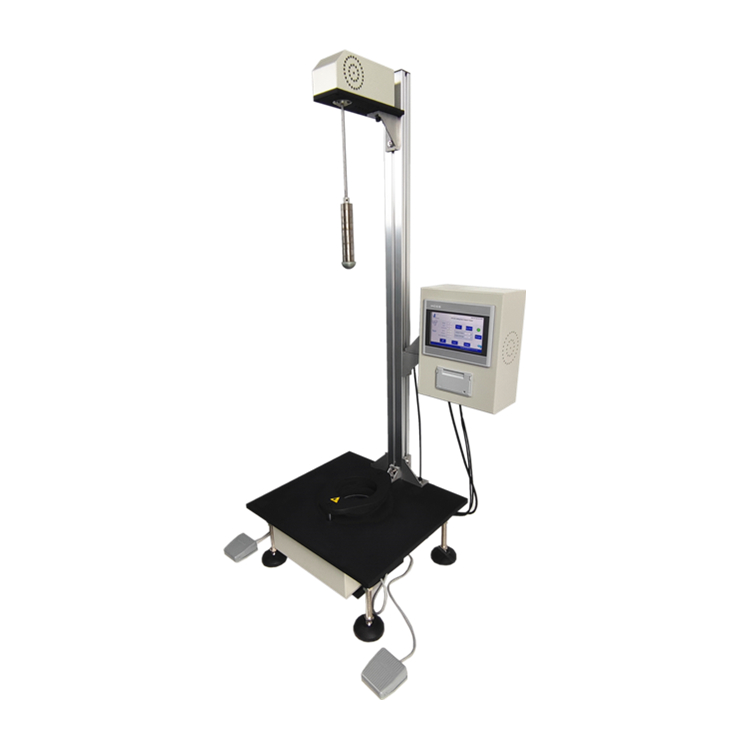What is the ISO or ASTM product or test standard for Grip Seal Bag?
Grip seal bags are resealable and resealable bags that typically have three or four sealed sides, with one side featuring a zipper or zip closure. The bag can be easily opened and sealed by manipulating the zipper mechanism. Grip seal bags are widely used in the packaging of various products such as candies, dried fruits, tea leaves, seafood, pharmaceuticals, medical devices, clothing, accessories, small mechanical parts, and toys. They offer advantages such as secure self-sealing, excellent airtightness, convenient portability, and the ability to repeatedly open and seal, ensuring the hygiene of the contents within the bag.

For grip seal bags, the most relevant standards are typically found within the flexible packaging industry standards, such as those developed by the Flexible Packaging Association (FPA) in the United States. The FPA publishes various standards and guidelines related to flexible packaging, which may cover aspects of grip seal bags.
Additionally, there are standards for testing the performance characteristics of plastic films and bags that can be applicable to grip seal bags. These include standards developed by ASTM International, such as:
- ASTM D638 - Standard Test Method for Tensile Properties of Plastics

- ASTM D882 - Standard Test Method for Tensile Properties of Thin Plastic Sheeting

- ASTM D1709 - Standard Test Methods for Impact Resistance of Plastic Film by the Free-Falling Dart Method

While these standards do not specifically address grip seal bags, they can be used to evaluate the mechanical properties and performance of the materials used in the bags.
It's important to note that grip seal bags may not have a specific ISO or ASTM standard dedicated solely to them. However, it is recommended to consult industry-specific guidelines and standards related to flexible packaging and the performance testing of plastic films and bags when considering grip seal bags.














